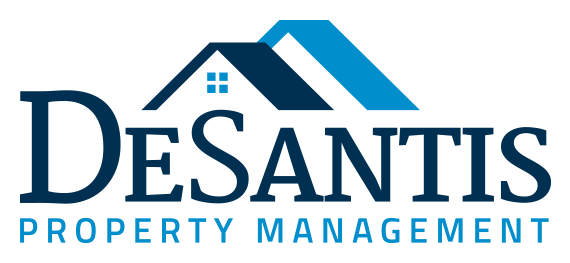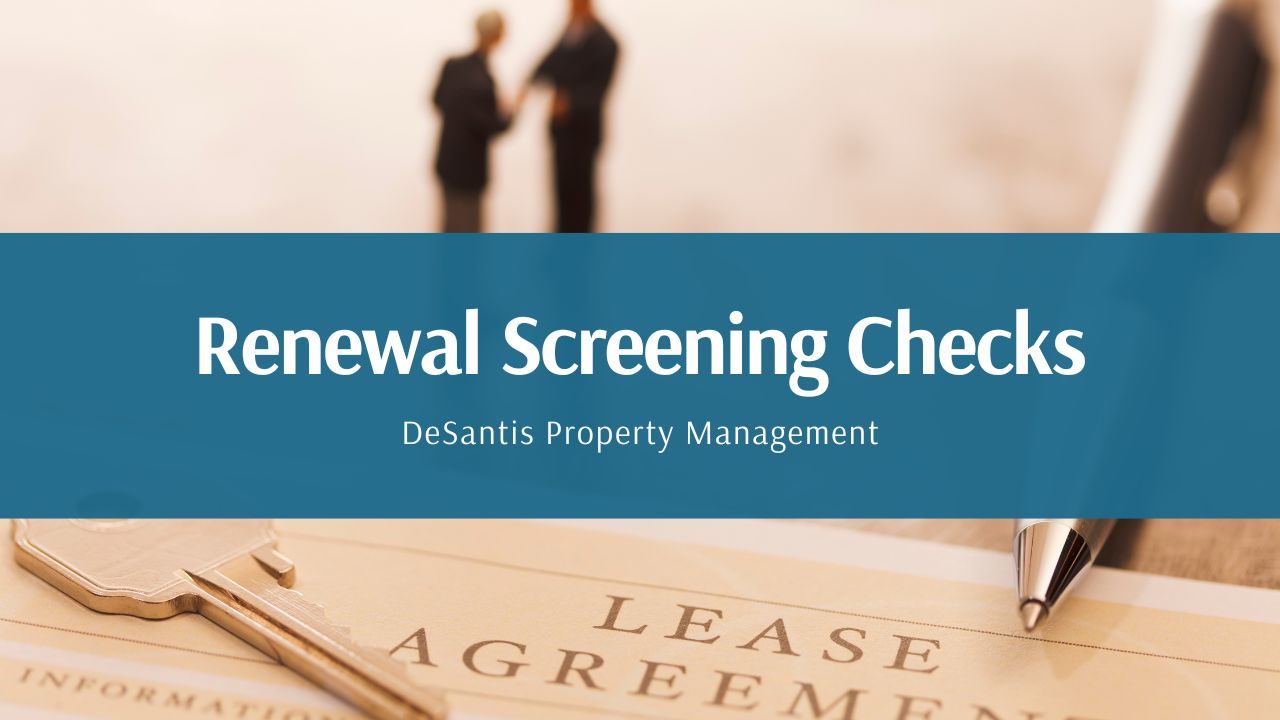Renewal Screening Checks
As a landlord, the process of lease renewal is an opportunity to assess your tenants and determine whether extending their lease is in your best interest. More specifically, the lease renewal screening checks allow you to make informed decisions about whether to continue the tenancy or not. By conducting thorough screening checks, you can safeguard your property, protect your investment, and ensure a positive rental experience.
Preparing for Lease Renewal Screening Checks
Before delving into the screening process, it’s essential to review the current lease agreement and identify any changes or updates required. This step helps ensure that the terms and conditions align with your preferences and current legal requirements, offering a solid foundation for the screening process.
What to Check During Renewal Screening?
Renewal screening gives you an idea of how your tenants have fared since the last time they signed the lease agreement. A lot of things can happen during the tenancy and it’s possible that your tenants may currently be facing some difficulties that they did not experience when you last screened them.
By conducting a renewal screening, you will have an opportunity to get yourself updated on your tenants’ current status. Here are a few things that you should check:
1. Financial Screening
Financial stability is a crucial aspect when considering lease renewal screening. Assessing the tenant’s payment history can reveal their reliability and adherence to the terms of the lease. Reviewing rent payment records and analyzing their credit history provides valuable insights into their financial responsibility.
Additionally, verifying income and employment stability helps determine whether the tenant can continue to meet their financial obligations. Checking for any outstanding debts or judgments offers a clearer picture of their overall financial standing. This can help you decide whether renewing their lease is a good idea for your business or not.
2. Rental History Verification
Gain insight into a tenant’s rental history and behavior by reviewing how they took care of your property and behaved during the past lease term. Ask yourself the following:
- Are they always prompt in making rent payments?
- Did they take good care of the property and maintain its upkeep?
- Did they comply with the lease terms and other rental-related rules?
- Were they living harmoniously with other tenants and neighbors?
Finding the answers to these questions can help you identify potential red flags. Additionally, asking neighbors what they think about your tenants can provide crucial information about their track record.
3. Other Background Checks
Screening tenants’ backgrounds is a prudent step in lease renewal. Criminal background checks, while subject to local regulations, can help identify any potential risks or concerns. Screening for previous illegal activities can give you an understanding of their behavior beyond the scope of their tenancy.
4. Maintenance and Upkeep Assessment
Evaluating the tenant’s maintenance responsibilities is essential in determining their suitability for lease renewal. Assess whether they have fulfilled their obligations regarding property upkeep, such as reporting maintenance issues promptly or adhering to the terms of the lease regarding cleanliness and care.
Identifying any damages or neglect in the property can help you gauge their respect for the rental space. Reviewing past maintenance or repair issues can reveal their attitude towards property preservation.
Important Reminders
A lease renewal process should not be as rigid as the first time you screened the Pennsylvania tenants, but also you shouldn’t skip it. Here are some of the things that you should keep in mind before, during, and after conducting the lease renewal screening:
Include Provisions on Renewal Screening in the Lease
To avoid any potential issues, make sure to disclose in the rental agreement that lease renewal screening is mandatory. Also, include that there is a possible fee for the screening costs that tenants may need to pay should they decide to renew their lease. Proper disclosure prevents any complaints later on.
Be Aware of the Fair Housing Act
Make sure that the screening process remains in compliance with the law, especially the Fair Housing Act. Know the protected classes in your state and be sure that any decision you make does not discriminate against any of them.
Communicating with the Tenant
Whatever the result of the screening is, scheduling an interview or meeting with the tenant is an opportunity to discuss lease terms and expectations openly. Address any concerns or issues that have arisen during the screening process. Use this interaction to clarify any questions about the lease agreement, gauge their willingness to communicate, and assess their overall compatibility.
Documenting the Screening Process
Maintaining thorough records of the entire screening process is essential for transparency and legal compliance. Ensure that the documentation is accurate, complete, and securely stored. You must also adhere to privacy laws and regulations, protect sensitive information, and respect the privacy rights of your tenants.
Final Decision-Making Process
When it comes to making a final decision regarding lease renewal, carefully evaluate all the information gathered. Weigh the pros and cons, considering factors such as financial stability, rental history, background checks, property maintenance, criminal records, and the tenant’s overall suitability. By making an informed decision based on the screening results, you can mitigate potential risks and enhance the chances of a successful lease renewal.
Bottom Line
Lease renewal screening checks are paramount for landlords in safeguarding their investments and ensuring a positive rental experience. By conducting thorough renewal screenings, landlords can mitigate the risks associated with having problematic tenants.
While a lease renewal screening process is necessary, it takes time and effort. Fortunately, landlords can delegate this task to a reputable property manager like DeSantis Property Management.
Working with a property manager is a wise idea because they are experienced with this task. If you are looking for a reliable property management company to partner with, get in touch with one of our trained experts today!




